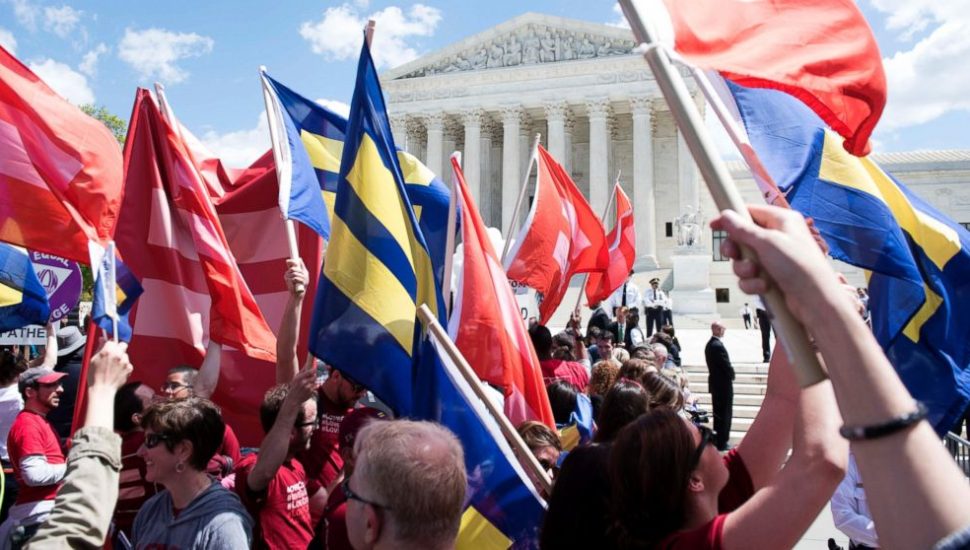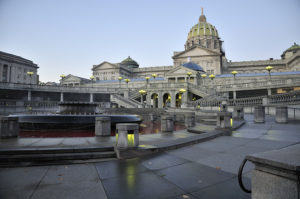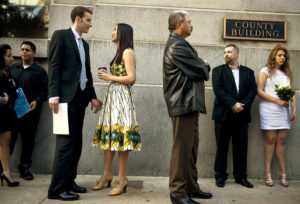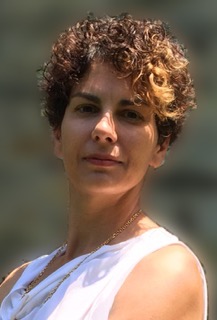Mary LaSota: Relax, Religious Freedom Is Still Protected In Pennsylvania

Part two in a series of commentaries reviewing Obergefell’s impact. For part one, click here.
The 5-4 ruling in favor of same-sex marriage by the Supreme Court triggered a backlash of political outcry across the nation regarding religious freedom. Lest we forget, the Obergefell decision held that the Fourteenth Amendment requires a State to license same-sex marriages and to recognize those marriages licensed and performed out-of-State. The Supreme Court’s decision is about marriage licenses, not marriage ceremonies. Is there a difference? Yes, there is, but first let us take a look at Pennsylvania’s marriage law.

Since the 1700’s, Pennsylvania’s Supreme Court recognized marriage as a contract between two individuals and the state. A marriage could form either by common law or statutory. Some states, like Massachusetts, began to require a marriage license as early as 1639, and by the l900’s marriage licenses were common. A license not only provided proof of a couple’s intent to marry, but it also provided evidence of a claim to legal rights and government benefits arising from that contract.
At one time, Pennsylvania recognized both a common law and a statutory marriage. But by 2005, Pennsylvania’s marriage law provided for only one form of marriage – that secured by license, either a standard or a self-uniting license.[1]
For those couples that opt for the standard license, either an individual or a religious organization may perform the marriage ceremony. Individuals granted the right to officiate over a ceremony include justices, judges, district justices, mayors, ministers, priests or rabbis. Pennsylvania’s marriage law does not force these individuals to perform marriage ceremonies. Rather the choice lies firmly intact with the individual.
However, and this is a BIG however, those individuals who are governed by a separate code of conduct such as justices, judges, and district judges are held to higher standard of conduct that governs their ethical behavior. Whether that code of conduct imparts a legal obligation on an individual to perform a same-sex marriage ceremony has yet to be legally determined. Needless to say, it is not the recent U.S. Supreme Court decision that impacts the individual’s choice rather it’s the judicial ethical code that does.

Pennsylvania’s marriage law also extends to churches, synagogues, and temples the right to solemnize a marriage. This section provides religious organizations the option of performing a marriage ceremony “when at least one of the persons is a member of the society, institution or organization, according to the rules and customs of the society, institution or organization.”
It’s important to note, that the language of Pennsylvania’s marriage law is permissive and discretionary. The marriage law grants the organization the statutory right to perform marriage ceremonies, but it does not mandate that it perform the ceremony. Rather the decision to perform a ceremony is governed by the religious organization’s own rules and beliefs. Therefore, if a same-sex marriage is not part of the tenants of the religious organization, it will not be forced to perform the ceremony. Similar to the concept of a non-Catholic denied the right to a marriage ceremony in a Catholic Church.
So let’s return back to the political outcry and fearful rhetoric of the talking heads lamenting the fall of our religious freedom, do not fear, the wall between church and state remains firmly in place. The Obergefell decision did not overthrow Pennsylvania’s marriage law. The right to choose to perform a marriage ceremony (for some) remains intact.
______
 Mary R. LaSota is a sole practitioner focusing on estate planning, estate administration, tax, and business planning. Opinions do not matter, only facts and how those facts pertain to the law. When not immersed in the law, she can be found hiking with her dog, Gwen, cycling throughout Chester County, or writing snarky blog posts.
Mary R. LaSota is a sole practitioner focusing on estate planning, estate administration, tax, and business planning. Opinions do not matter, only facts and how those facts pertain to the law. When not immersed in the law, she can be found hiking with her dog, Gwen, cycling throughout Chester County, or writing snarky blog posts.
_______
Legal Disclaimer: An attorney may have written the above article, but this does not mean that the information within the article is legal advice in any way, shape or form. You pay for legal advice with greenbacks, Benjamins or other legal tender. The information contained in this article was offered for free and, therefore, is not legal advice. Furthermore, the information in this article does not create, and reading of this article does not constitute, an attorney-client relationship. To have such a relationship the author of the article would need to know not only your name, but would also have agreed to offer you legal advice after both you and the author came to a meeting of the minds on services offered and the legal fee involved. Since this trifecta is missing, no attorney-client relationship exists. Finally, you should not use such information without consulting with an attorney.
[1] A quick history lesson: This later form of marriage known as a Quaker Marriage has been recognized by Pennsylvania for centuries.
Connect With Your Community
Subscribe to stay informed!
"*" indicates required fields








































![95000-1023_ACJ_BannerAd[1]](https://vista.today/wp-content/uploads/2023/03/95000-1023_ACJ_BannerAd1.jpg)







